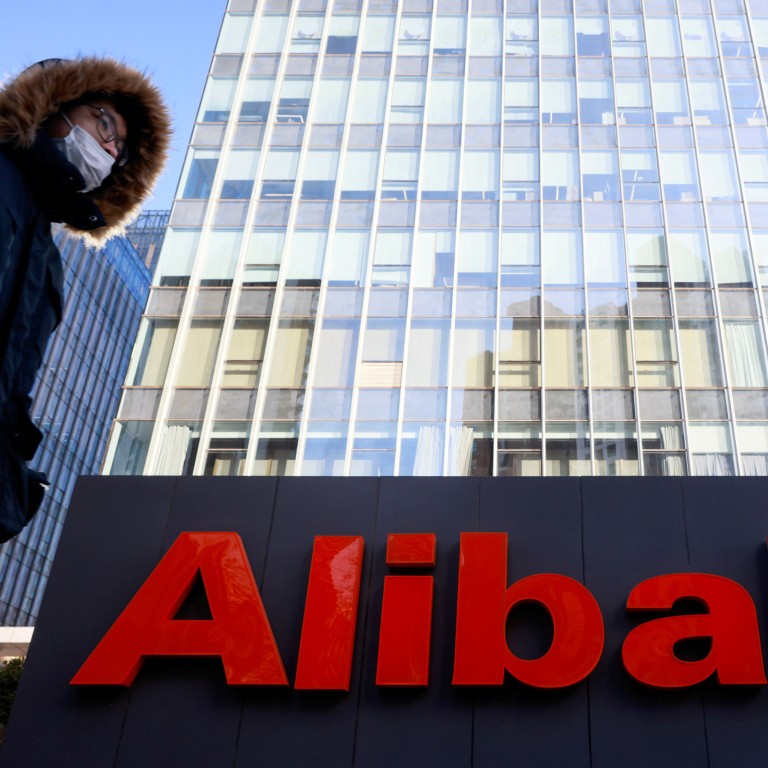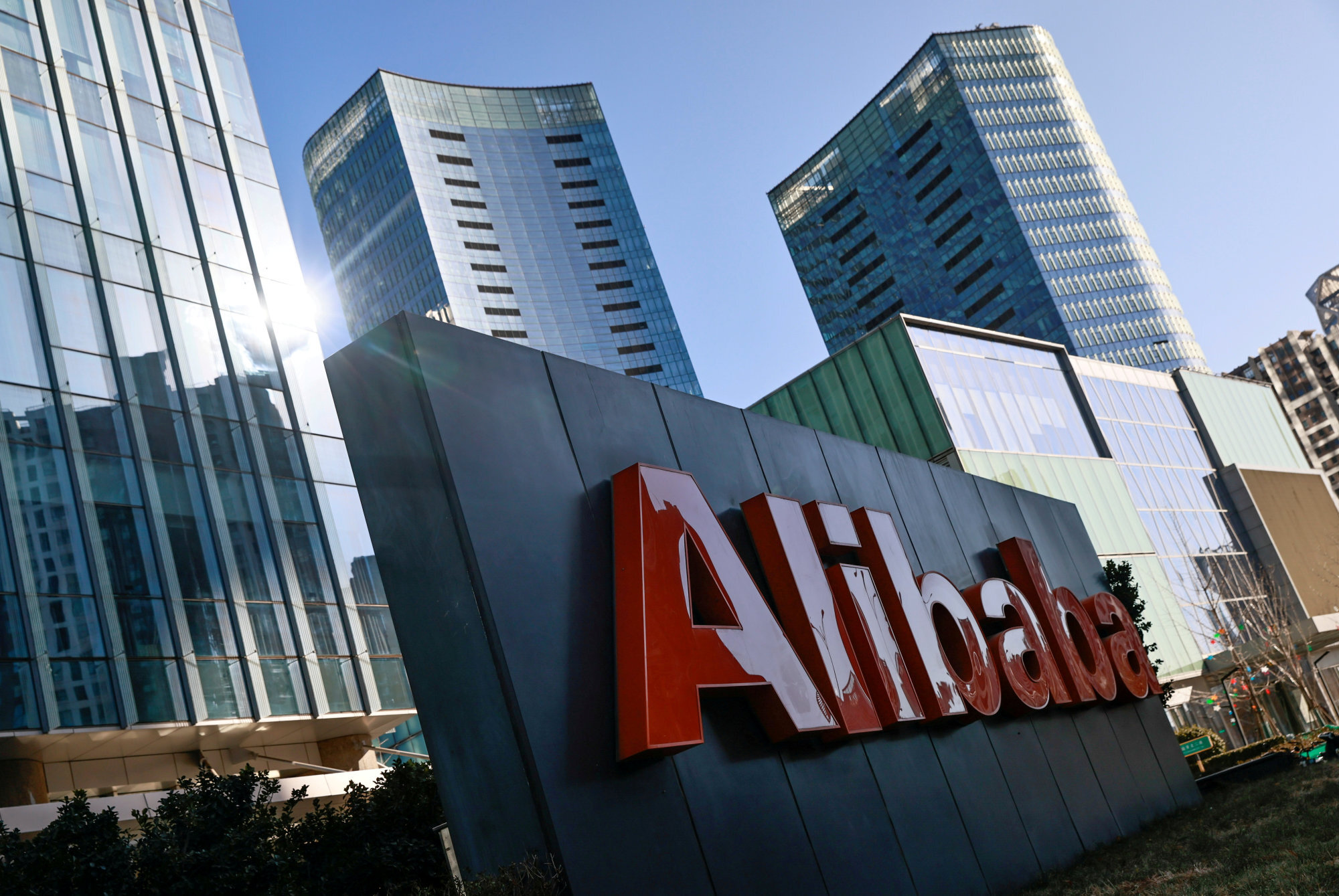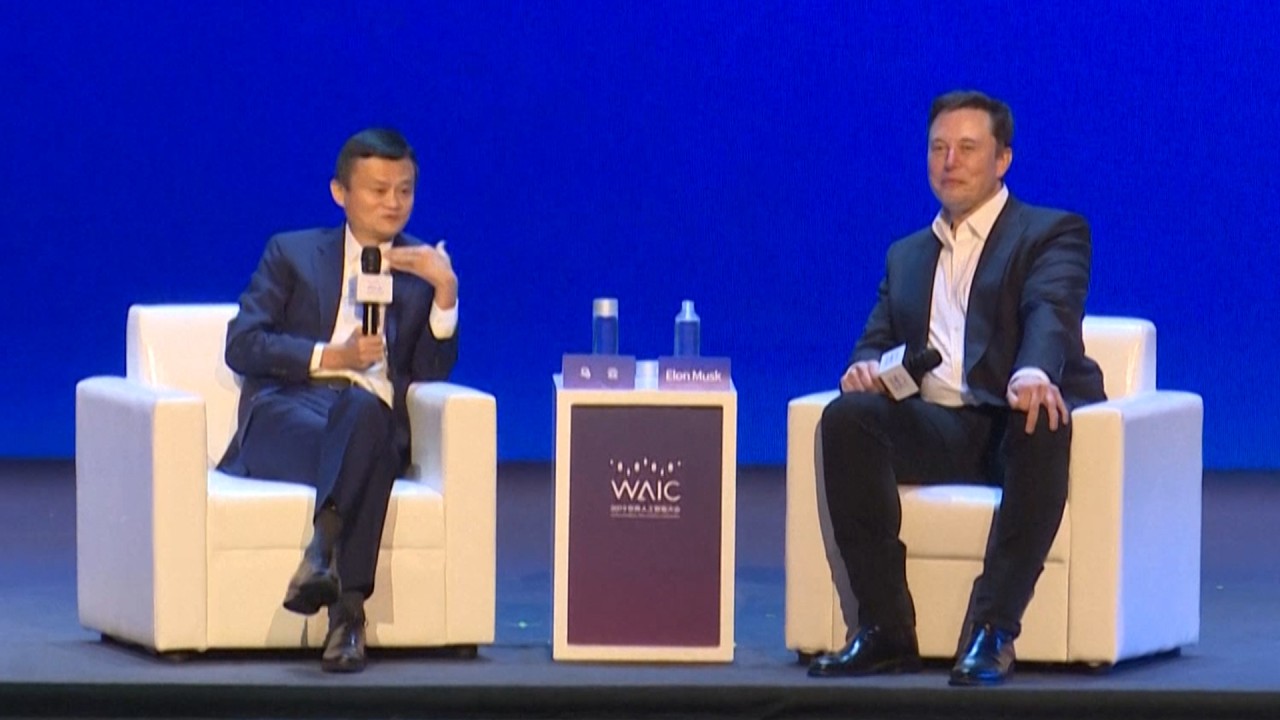
Antitrust regulator SAMR is now the sheriff of China’s Big Tech after Alibaba fine, analysts say
- The State Administration of Market Regulation was formed just three years ago
- The government agency has become one of the most powerful forces in China’s crackdown on internet giants
SAMR, which was established three years ago as part of a broad government restructuring, was relatively absent from regulation of Big Tech in China until the end of 2020, when Beijing decided to ramp up anti-monopoly measures to rein in the country’s fast-growing internet platforms.
Its 100-day probe into e-commerce giant and the owner of the South China Morning Post Alibaba resulted in a 12,000 word, highly-detailed regulatory report, which some analysts say has burnished its credentials as the ultimate watchdog over the country’s tech titans.

After an exhaustive investigation, involving hours of interviews with senior executives, reviews of documents and examination of social media chat histories, SAMR concluded that Alibaba had “abused its dominant market position in China’s online retail platform service market since 2015 by forcing online merchants to open stores or take part in promotions on its platforms”.
Alibaba – despite defending its conduct during the investigation – said it accepted the results and its punishment “with sincerity”.
Fang Chaoqiang, a lawyer at Beijing Yingke (Hangzhou) Law Firm, said the penalty – equivalent to 4 per cent of Alibaba’s domestic revenues in 2019 – was reasonable and SAMR had kept a good balance between demonstrating Beijing’s will to regulate the internet while allowing Alibaba to continue its business operations.
“There was no previous reference in terms of antitrust regulation in the internet sector,” said Fang. “[The Alibaba case] will definitely strengthen SAMR’s confidence in handling similar cases in the future.”
There is currently no sign that SAMR will launch an imminent investigation into any other major technology firm, aside from its admonishment this week of the 34 tech firms.
Along with the Cyberspace Administration of China (CAC) and the China Taxation Administration, SAMR ordered firms including internet giant Tencent Holdings, delivery services firm Meituan, Douyin owner ByteDance, e-commerce firms JD.com and Didi Chuxing, to conduct self-checks of their business behaviour within a month and correct any misconduct.
All of the firms mentioned said they would comply in full with SAMR’s guidelines.
SAMR is now a regulator too important to ignore. Pony Ma Huateng, founder of Tencent, has already met with China’s SAMR to discuss compliance at his group – at his own request.
The antitrust bureau within SAMR, one of its 29 internal units, is also expanding. Reuters reported this month that SAMR plans to boost its antitrust workforce by around 20 to 30 staff from about 40 now, citing two unidentified sources.
Liu Weijun, an official within SAMR, said on Thursday that the agency will “strengthen investigations” into “major cases” of monopoly. “We will further improve our antitrust regulatory capabilities and performance … to enhance our authority in regulation,” Liu said in a statement on the website of SAMR.
The Great Firewall: China and internet regulation
The recent anti-monopoly action in China’s tech sector comes amid a backdrop of tighter global regulation of Big Tech. The European Union and the US have been formulating legislation to ensure greater competition in digital markets amid the growing power of Amazon, Apple, Facebook and Google – and to ensure greater protection of consumer data.
Fang Xingdong, chief expert at the Institute of Social Governance at Zhejiang University, said China is a “later comer” in applying antitrust rules against Big Tech and the country is in need of further “institutional innovation”.
“China is in great need of institutional innovation, like what the European Digital Market Act did so that the super platforms can be regulated beforehand rather than afterwards,” Fang said. “In the digital era, the governance of super platforms will become one of the commanding heights of institutional innovation.”


